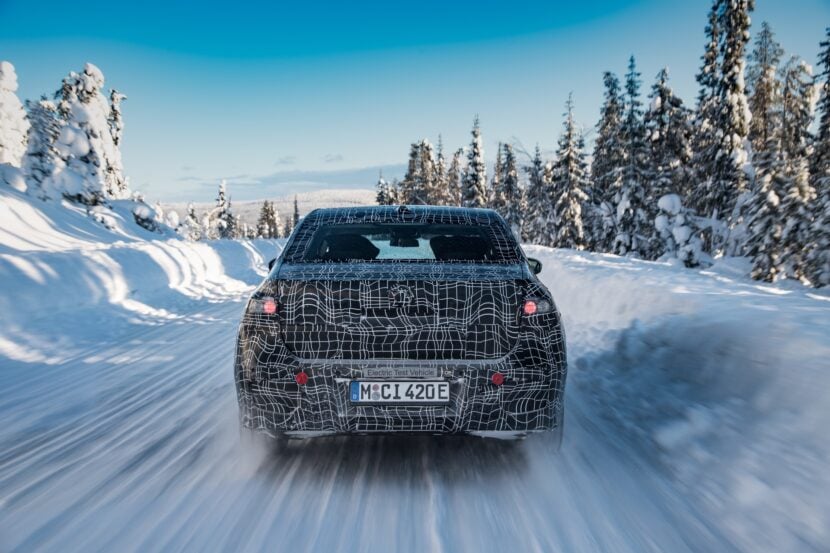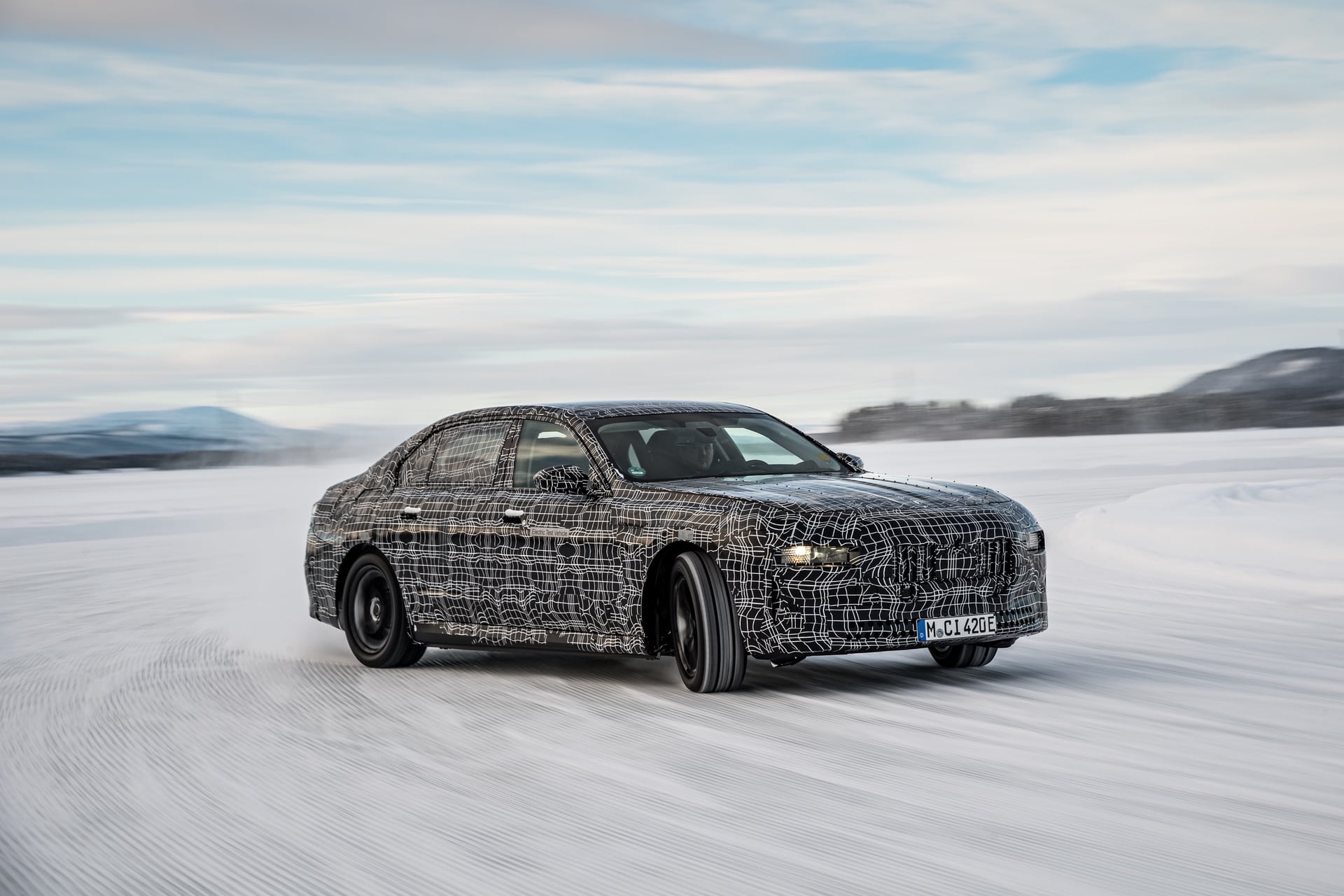After the i4 launched in 2021, the i7 will be the second electric sedan from BMW once it will be officially revealed later this year. Aside from the body style, the two will have something else in common as the 7 Series without a combustion engine won’t ride on a dedicated EV platform either. Instead, it will share the underpinnings with the gasoline- and diesel-fueled model.
Some fans of the brand have expressed their criticism about BMW’s decision to use the same architecture for both types of propulsion, but the firm’s development boss explains why. In a lengthy interview with Auto Motor und Sport, Frank Weber said doing so represents the “only way we can offer a standard level of space without having to make too many compromises here due to aerodynamics.”
He went on to specify that even though the i7 won’t be the most aerodynamic car in its segment, the electric drive technology from BMW will ensure the fullsize luxury sedan will deliver “the best possible fuel consumption figures and ranges.” As depicted in official teaser images, the i7 will largely retain the design and shape of the 7 Series equipped with combustion engines in the same vein as the i4 looks almost the same as the 4 Series Gran Coupe.

Frank Weber said the next-generation 7er will be the only model in its class to offer all types of powertrains: gasoline, diesel, plug-in hybrid, and electric. That’s technically true since even though the Mercedes EQS is widely regarded as an S-Class EV, it’s an entirely different model by riding on a dedicated electric car platform. The world’s most aerodynamic production car with its drag coefficient of only 0.20 is also a more practical liftback rather than a three-box sedan. We could also mention it has a much lower roofline compared to the conventionally shaped S-Class.
When asked by AMS how BMW has managed to make its new flagship different than its archrival carrying the three-pointed star, Frank Weber responded: “I’m very sure we’ll succeed in doing that convincingly. The all-electric BMW i7 drives fantastically, for the self-driver, but especially when driven. I would even go so far as to say that with the i7 we will launch the first fully-fledged electric luxury sedan.”
The last part of the statement will raise some eyebrows as aside from the Mercedes EQS, there are also the Porsche Taycan and Audi E-Tron GT twins, the newcomer Lucid Air, and to a lesser extent, the Tesla Model S. Let’s keep in mind Mercedes now also has the smaller EQE and has pledged to roll out an electric C-Class equivalent on a dedicated platform in the coming years. Following the i7’s launch in 2022, a smaller i5 is scheduled to arrive at some point in 2023 as an electric companion to the next 5 Series Sedan. If the rumor mill is to be trusted, an i5 Touring could also be planned.
[Source: Auto Motor und Sport]





































































